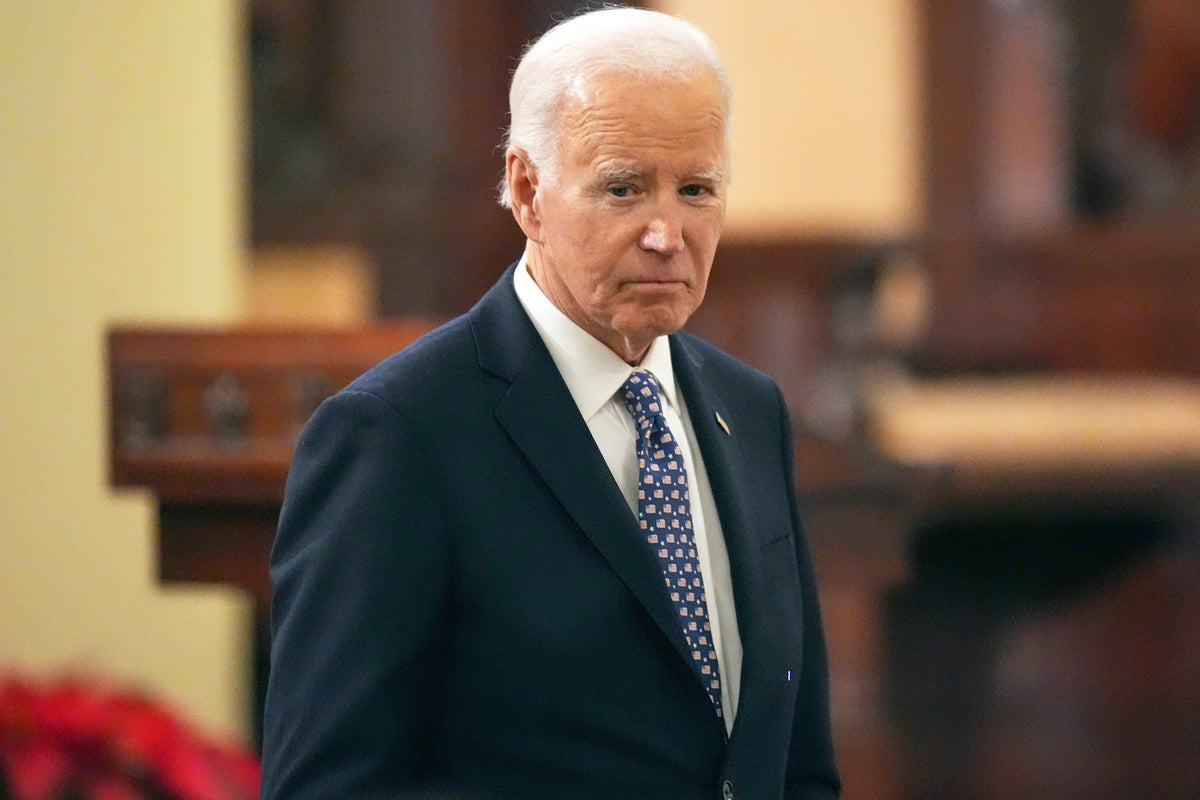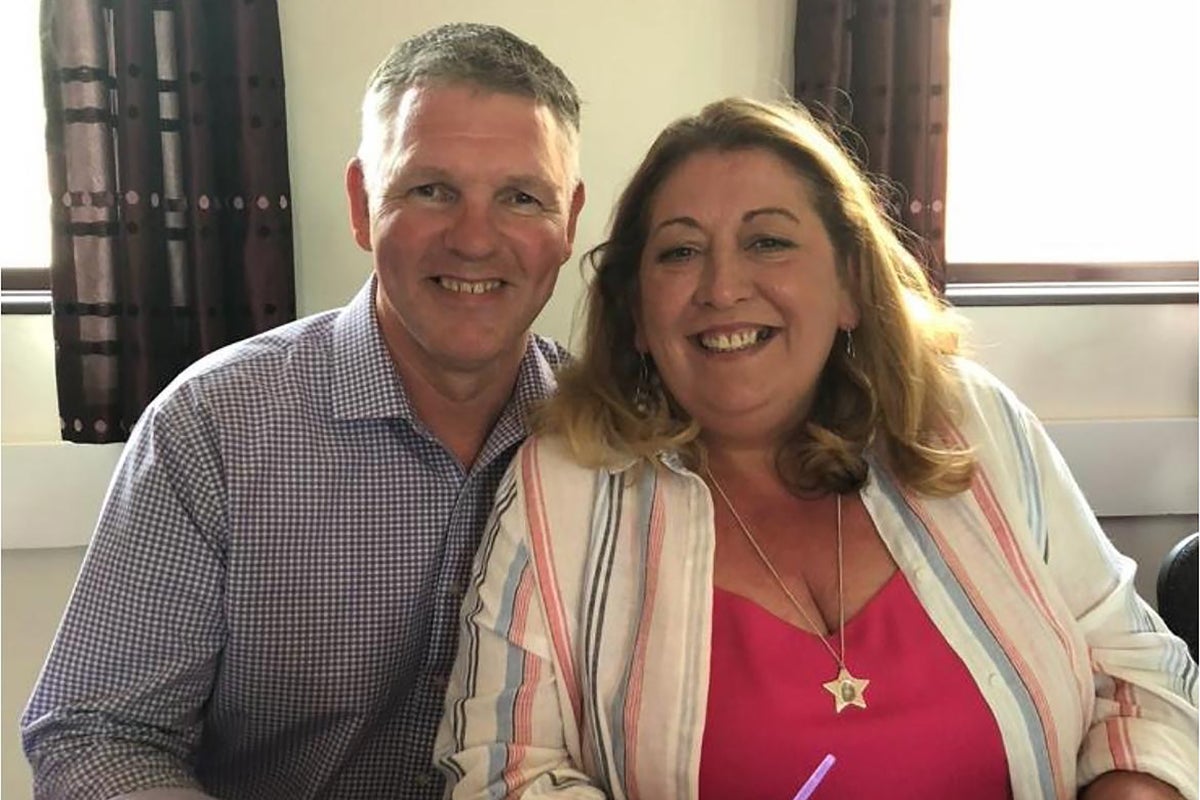News, Derby
 Eileen Langsley
Eileen LangsleyFor nearly five decades Eileen Langsle has photographed some of the world’s biggest sporting events.
From world championships in figure skating and gymnastics, to the inaugural Women’s Rugby World Cup in 1991 along with 14 Olympics, she has enjoyed a stellar career.
But it has come with big challenges.
The 81-year-old, from Bakewell, Derbyshire, told the she had faced sexism and misogyny throughout her career and regularly found herself as the only woman at sporting events when she started out.
She says her inspiration to start her photography career in 1976 was a lack of representation for women in sports coverage.

Before her jet-setting job took her to all four corners of the globe, Eileen, a keen athlete and PE teacher at King Edward VII School in Sheffield, wanted to inspire her female students with pictures of other professional sports women.
But she was stunned to find there were hardly any she could find to show them.
“Trying to find a woman participating in professional sport without a sexist slant to it was few and far between,” she said.
“I had a big wall in the changing room that I wanted to fill with pictures so the girls could be inspired.”
It was from that point Eileen decided to do it herself.
She picked up a camera and learned the craft with some helpful pointers from her husband, admitting she knew “absolutely nothing” about photography.
 Eileen Langsley
Eileen LangsleyEileen credits the Sheffield Star and Sheffield Telegraph newspapers for her big break into the industry, securing her first back-page lead with a photo of a city gymnast in late 1970s.
“It was refreshing to have them supporting me at that stage when I was coming up against so many obstacles,” she recalled.
 Eileen Langlsey
Eileen LanglseyWith work rolling in, both across local newspapers and specialist magazines, she set up her own photo agency and swapped the classroom for the dark room to go full-time.
Despite being knocked back for accreditation for the Moscow Olympics in 1980, her work paid off and she became the official photographer for the International Gymnastics Federation in 1983 which saw her fly out to different parts of the world.
She was a founder member of the Women’s Sports Foundation in the UK – now named Women in Sport – and was their photographer for a number of years as well as running the press and public relations side.
Eileen said at this point she was working outside the UK more than she was back home.
Yet she still faced challenges in an industry dominated by men.
 Eileen Langsley
Eileen Langsley“People in Britain were quite reluctant to employ a woman in my field at the time,” she said.
“The reaction I got always was ‘women don’t know enough about sport’ which was ironic really because I knew more about sport than I did about photography then.
“It wasn’t easy, the men were split into two groups.
“One group were great and were very accepting of me from the work I produced but another larger group really resented women encroaching into what they saw as a man’s world.
“I wanted to join an agency from the outset so I could have that support and I remember one telling me that they would never employ a woman.
“I went on my own and I did well but it was a lonely path to walk.”
 Eileen Langsley
Eileen LangsleyEileen recalls an athletics event she covered at Crystal Palace in London in the late 70s when she noticed a group of male photographers chatting away. When they spotted her, they went quiet and shunned her for the rest of the event.
Eileen also set out to change the perception and the way female athletes were portrayed on camera – focusing on their talent and athleticism rather than how they looked.
But she got requests from publications to take photos of female athletes “in a sexualised way”.
“I made quite a few enemies at the time for refusing to do that, they thought I was less of a professional,” she said.
“I once said to a man what he would think if that was their 14-year-old daughter up on the [gymnast] beam? They wouldn’t like it.”
Eileen also recalls a time in Dublin photographing the Women’s Hockey World Cup in 1994 when the shutters from her colleagues began snapping away when a gust of wind revealed the underwear of the players in their pre-game huddle.
Despite the sexism and misogyny she faced, she carried on and won awards for her work.
 Eileen Langsley
Eileen Langsley Eileen Langsley
Eileen LangsleyShe earned a joint UK sports photo of the year award for her image, ‘A Tight Squeeze’, which depicts two rhythmic gymnasts going through a single hoop in 1983, a snap she is very proud of.
Eileen also won an international award for her image of three boys playing rugby in the same year.
If there is a big sporting event, chances are Eileen was at the centre capturing it all.
She was there for Torvill and Dean’s historic figure skating gold in Sarajevo in 1984.
Eileen had a lot of work from figure skating at the time and said it was “extra special” to capture the Nottingham pair’s famous gold.
 Eileen Langsley
Eileen LangsleyBut it was not all plain sailing.
Behind the scenes Eileen said getting around the Olympic site – in what is now the capital of Bosnia and Herzegovina – was a “nightmare” and she still recalls the “aggressive security” in the former Yugoslav country.
“Nowadays, you get huge support from the British Olympic Association but back then, you were on your own,” she said.
 Eileen Langsley
Eileen LangsleyShe went on to cover another 13 summer and winter games and said Paris 2024 was “special” as she believes it will be the last Olympics she covers.
“I can’t see myself doing another one, this job is physical and with the air travel, I think Paris is my last one,” she said.
“I look back and Super Saturday at London 2012 was a massive highlight and when I’ve captured winning moments with our gymnasts winning Olympic medals, they are great memories, amazing.”
 Getty Images
Getty ImagesHowever says she hs no plans to put down her camera just yet.
She has her sights on the European Figure Skating Championships up the road in Sheffield and the Commonwealth Games in Glasgow, both in 2026.
“I aim to keep going as long as I can,” she said.
“There’s a lot locally I’m looking to do, retirement isn’t something I’m looking at.”

Looking at the industry now, Eileen said it was a “completely different world” to when she started.
“It’s been great in recent years to see so many women coming through in sports photography and working at the top level,” she said.
“Their male counterparts respect them and admire the work that they do.
“There’s such a huge crop of fantastic woman in sports photography.”





